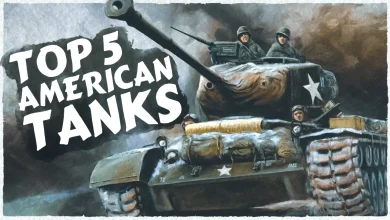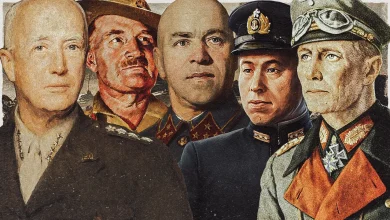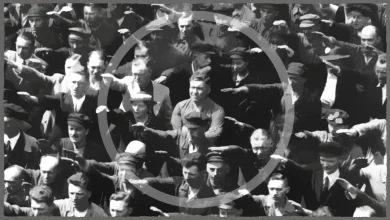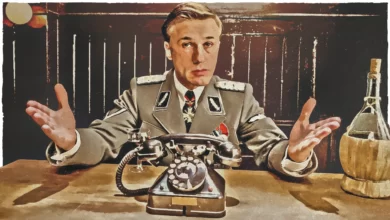SuperKiwi Charles Upham
The Victoria Cross (VC) is the highest military honor awarded to British and commonwealth personnel for acts of valor. It's comparable to the American Medal of Honor. However, since the mid-1800s, 3,473 Medals of Honor have been awarded while only 1,358 Victoria Crosses. Getting just one, means you've demonstrated the kind of heroism that's rare outside a Hollywood movie, getting two that's almost superhuman. This is a story of a man who achieved that fate.

New Zealand-born Charles Upham was and still remains the only combatant to receive two Victoria Crosses. During World War II while the nazis swept across Europe and Africa, Upham would enlist with the New Zealand Army and set sail in early 1941.

In March 1941, second lieutenant Upham found himself in Crete and it was here that he would earn his first Victoria Cross by performing a series of remarkable exploits, showing outstanding leadership, tactical skill, and utter indifference to danger.
On the 22nd of May, he commanded an attack and fought his way forward, unsupported for over two and a half kilometers, against the defense strongly organized in depth. Numerous enemy posts were destroyed but on three occasions Upham’s section was temporarily held up.
On the first occasion under heavy fire from a machine gun nest, he advanced to close quarters armed only with a pistol and grenades. Discouraging the occupants and allowing his soldiers to take out the remaining enemy.
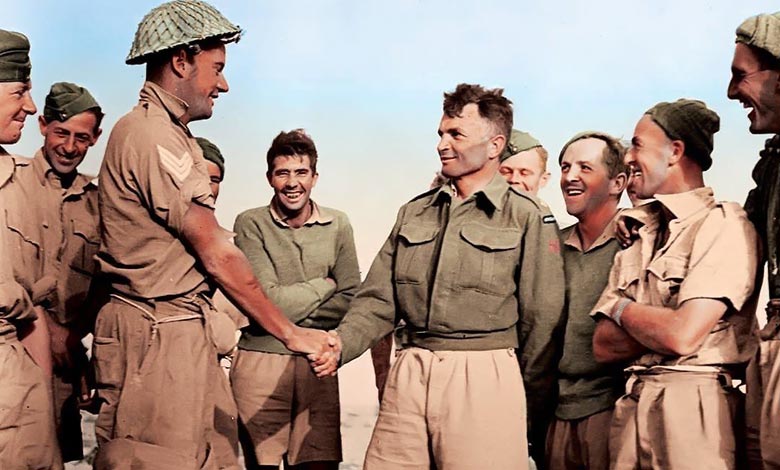
More of his soldiers were held up by two machine guns in a house. He went in and threw a grenade through the window, destroying the crew of one machine gun, the other machine gun being silenced by the fire of his section.
On the third occasion, he crawled to within 13 meters of a machine-gun post and killed the gunners with a grenade.

When his company withdrew from the town, he helped carry a wounded man whilst under fire and together with another officer rallied more men to go back and carry out the other wounded soldiers.
He was then sent to link up with an isolated company. With another soldier, he went through the enemy territory for nearly 550 meters, killing two Germans on the way. He found the company and brought it back to the battalion’s new position. Without this action, the company would have been completely cut off.
During the following two days, his platoon occupied an exposed position and was continuously under fire. Upham was blown over by one mortar shell and painfully wounded by a piece of shrapnel in his left shoulder by another. He also took a bullet in the foot. He ignored these wounds and remained on duty.
On the 25th of May, his platoon was heavily engaged and came under severe mortar and machine gunfire. While his platoon stopped under the cover of a ridge, Upham went forward, observed the enemy, and brought the platoon up when the Germans advanced. Upham and his men killed over 40 enemies and forced the remainder to fall back. When his platoon was ordered to retire, he sent them back but he went on to warn other troops that they were being cut off.
During this time he was fired on by two Germans. He fell and acted like he was dead, then crawled into a position and having the use of only one arm, rested his rifle in the fork of a tree. As the Germans came forward, he killed them both. The second German got so close that he actually hit the muzzle of Upham’s rifle as he fell.
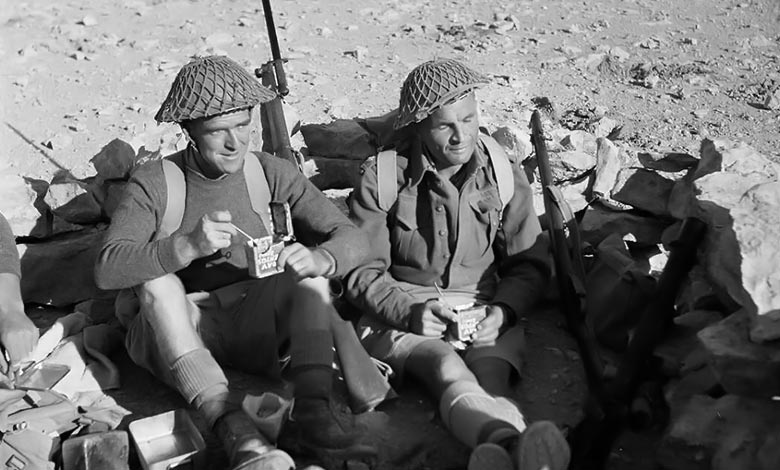
On the 30th of May, his platoon was ordered to deal with some enemy, which had advanced down a ravine towards company headquarters. He climbed a steep hill to the west of the ravine, placed his men in positions on the slope overlooking it and himself went to the top. He cleverly induced the enemy to expose itself and at a range of 450 meters, shot 22, causing the remainder to disperse in panic. He would receive his second Victoria Cross due to exploits between the 14th and 15th of July 1942.

Now promoted to captain, he was commanding a company in the western desert in North Africa. During this time he was wounded twice. Once when he was crossing open ground, he took enemy fire while trying to inspect his forward sections. He was then wounded when he completely destroyed an entire truckload of German soldiers with hand grenades. He insisted on remaining with his men to take part in the final assault.
During the opening stages of the assault, Upham’s company was part of the reserves but when communications with the forward troops broke down, he was instructed to send up an officer to report back on the progress of the attack. He went out himself armed with a German MG-42 and after several sharp encounters with enemy machine-gun posts, succeeded in bringing back the required information.
Just before dawn, the reserve battalion was ordered forward but when it had almost reached its objective, it came under heavy fire from a strongly defended enemy which consisted of four machine-gun posts and a number of tanks. Upham without hesitation led his company in a determined attack on the two nearest strongpoints on the left flank. His voice could be heard above the sounds of battle, cheering on his men, and in spite of the fierce resistance of the enemy and heavy casualties on both sides, the objective was captured.
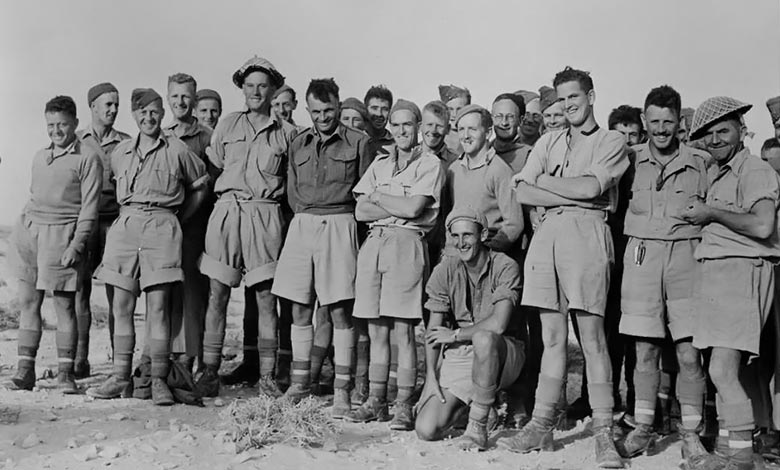
During the engagement, Upham himself destroyed a German tank and several guns and vehicles with grenades. Although he was shot through the elbow by a machine gun and had his arm broken, he went on again to a forward position and brought back some of his men, who had become isolated.
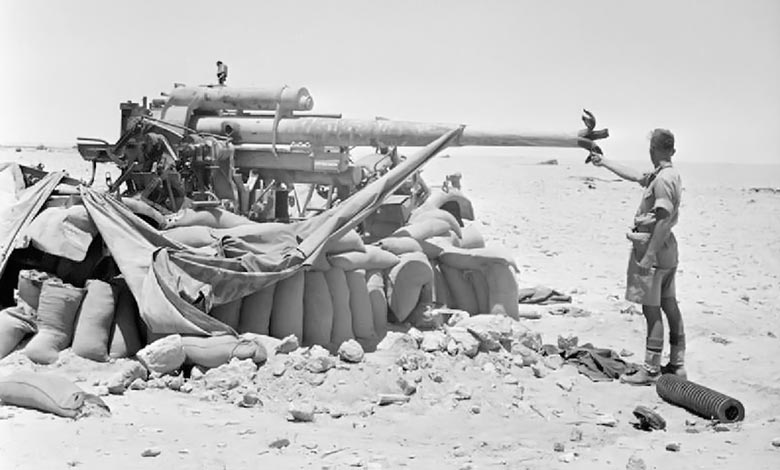
He continued to dominate the situation until his men had beaten off an enemy counter-attack and consolidated the vital position. Exhausted by pain from his wound and weak from loss of blood, Upham was then removed to the regimental aid post but immediately upon his wound being dressed, he returned to his men, remaining with them all day under heavy artillery and mortar fire.
He was again severely wounded and being unable to move, fell into enemy hands with only six other survivors.
When he was recommended for a second Victoria Cross. King George VI was skeptical given it was such a rare award. He asked an army general “Does he deserve it?” the general replied, “In my respectful opinion Sir, Upham won the Victoria Cross several times over”.
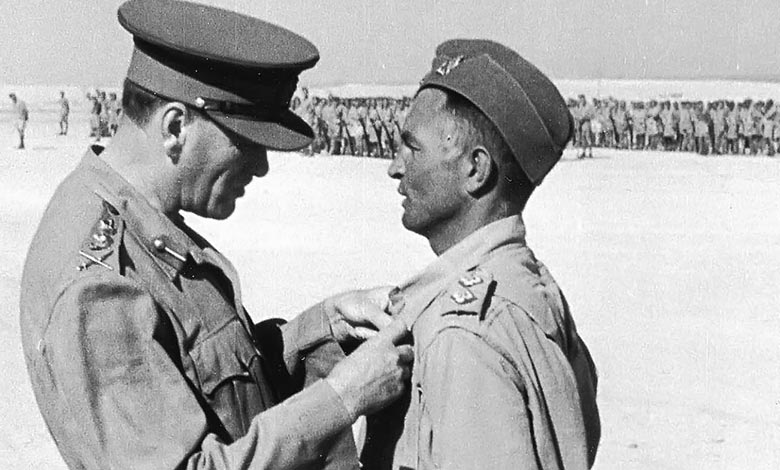
As a POW he had numerous escape attempts. One by leaping from a truck which resulted in a broken ankle. During another escape, he climbed out a train bathroom window but knocked himself unconscious on the tracks. Finally, he became entangled in a barbed-wire fence trying to escape from a camp. A guard pointed a pistol at his head and threatened to shoot him, Upham calmly lit a cigarette.
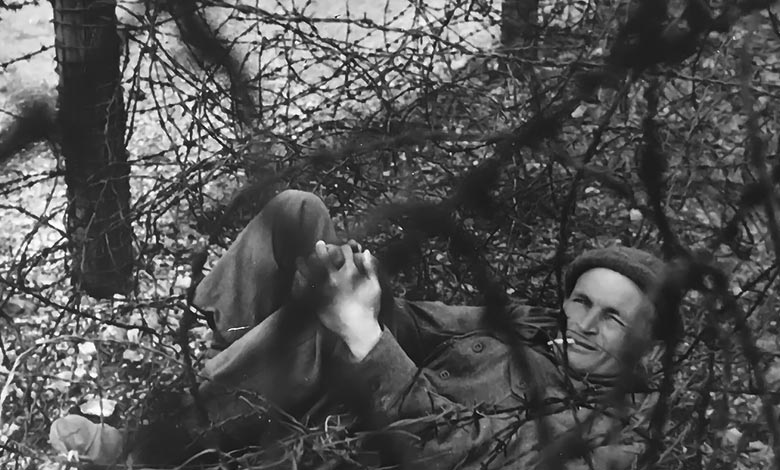
After this, he was sent to the infamous Colditz Castle where he again tried to escape. However, the castle was eventually liberated in 1945.
Upham would marry and return to New Zealand, where he lived out his days. He died in Canterbury on the 22nd November 1994.
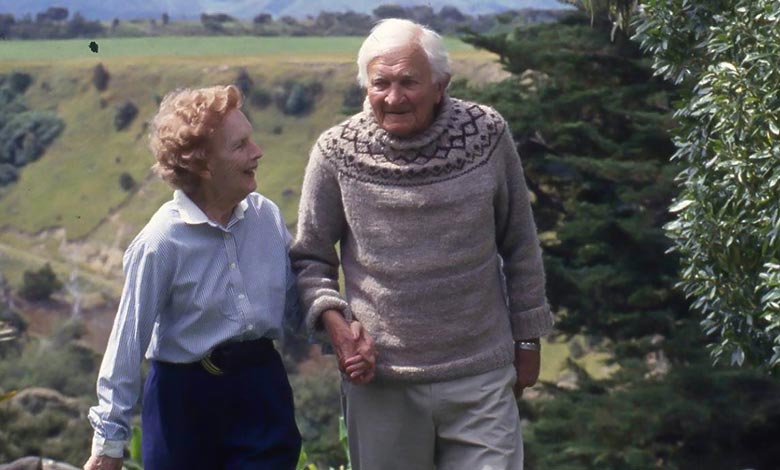
A statue commemorating his achievements currently sits in the town of Amberley, New Zealand.

A Bafta-winning screenwriter is currently working on a feature film based on the life of Charles Upham VC & Bar. And there is a Call of Duty: Vanguard operator called Lucas Riggs, based on Charles Upham.
